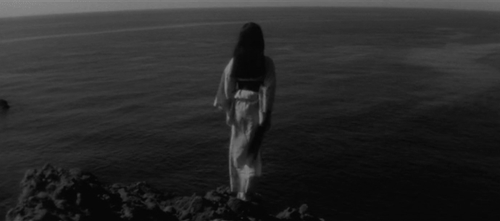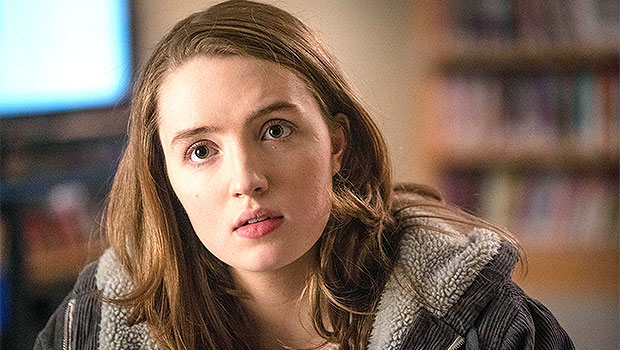
Querelle, 1982
An attractive sailor named Querelle (Brad Davis) arrives in the port town of Brest. Immediately looking to sell some opium that he has helped smuggle, Querelle ends up entangled in a web of sexuality and sibling rivalry as he spends time in a bar run by Madame Lysiane (Jeanne Moreau), whose lover just happens to be Querelle's brother, Robert (Hanno Poschl). Further complicating things are Querelle's explorations of gay sex with Lysiane's husband, Nono (Gunther Kauffman); Querelle's commanding officer (Franco Nero) being erotically obsessed with him; and two different murders that are committed.
This film is based on a novel by Jean Genet, and boy am I glad that I was familiar with some of his work and themes before watching this film. I have read Our Lady of the Flowers, and have seen Poison, one of the sections of which is based on a novel by Genet.
Genet's world, from what I have seen, is filled with characters who are tremendously flawed (and often literal criminals), amidst a swirl of gay male angst, longing, aggression, and confusion. The sex itself becomes so intertwined with the emotional struggles and the power struggles of the characters, that it is hard to tell the degree to which the characters are finding gratification from the sex and the degree to which they are exorcising some deeper emotions.
I honestly think that putting Genet's particular vibe on screen is a real challenge, and I was frankly impressed with the degree to which Fassbinder was able to capture Genet's heady mix of betrayals, lust, denial, and just all around "off" feeling.
There are a lot of elements in the film that skirt the line between exploring homosexuality and the fears/emotions around it and just coming off as homophobic. Many of the characters are right on the line of caricature, like the older ship captain lusting after his young crew, or the character of Nono who is Querelle's first male sex partner (lover doesn't feel like the right description of what happens between them) who is the archetypal sexually dominant big black man.
What keeps the film from feeling homophobic overall is simply the degree to which the film knows that it is portraying an extreme. Everything from the costuming to the staging is, intentionally, overboard. The costumes are tight and everyone looks they are wearing the slutty Halloween costume version of their real outfits. The colors are intense. The psychological element of it all goes to absurd heights when Querelle takes up with a man who is literally identical in appearance to his brother (the character is played by the same actor). The story, to me, felt increasingly allegorical as it went on--more about the thoughts and fears that might exist in the head of someone who unsure about their sexuality. There is a scene where Querelle, after admitting he likes having sex with men, rushes to clarify that he could NEVER fall in love with a man. Perish the thought. But he will have sex with them because, you know, it's a good time.
I'll say this for the film: I was never bored. Everything was so outlandish and high-drama but winking at the same time. The performances fit the film, which means that they are also kind of too much or at times stilted. But somehow I felt like ultimately it worked?
I'd be interested to hear other opinions if anyone else has seen this one.



 Check out my podcast:
Check out my podcast: 




